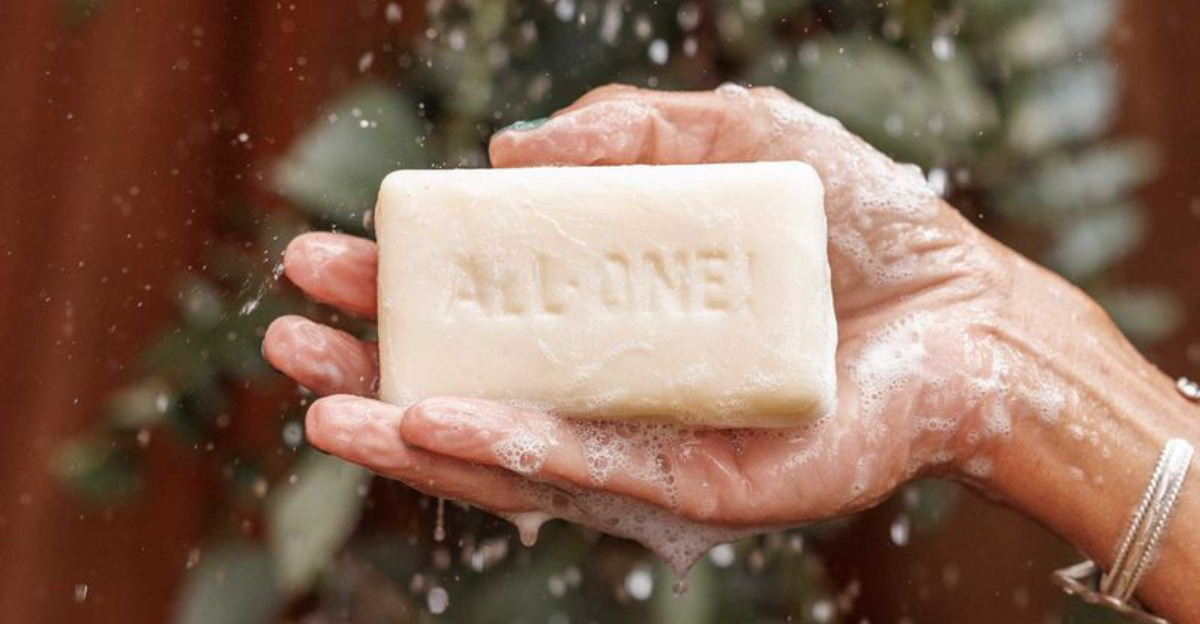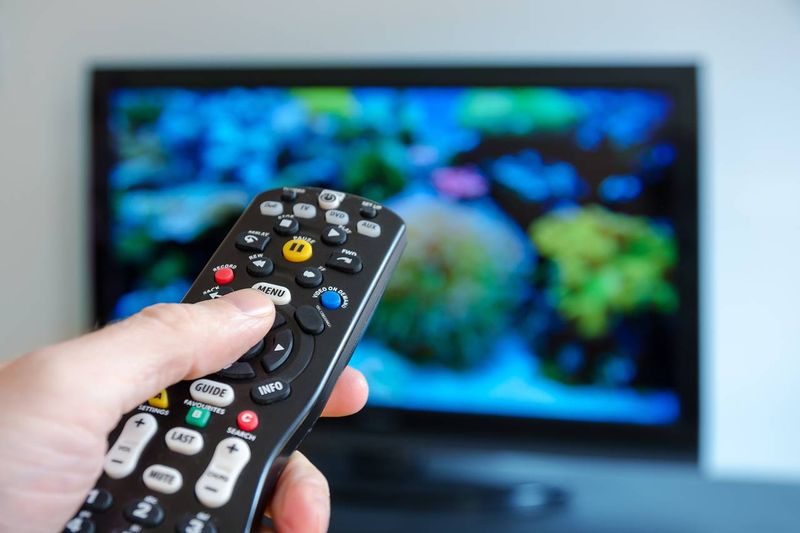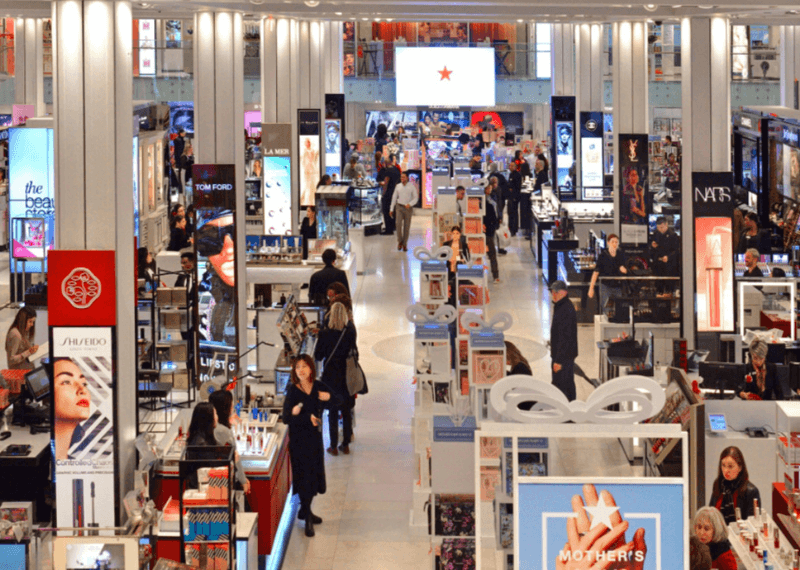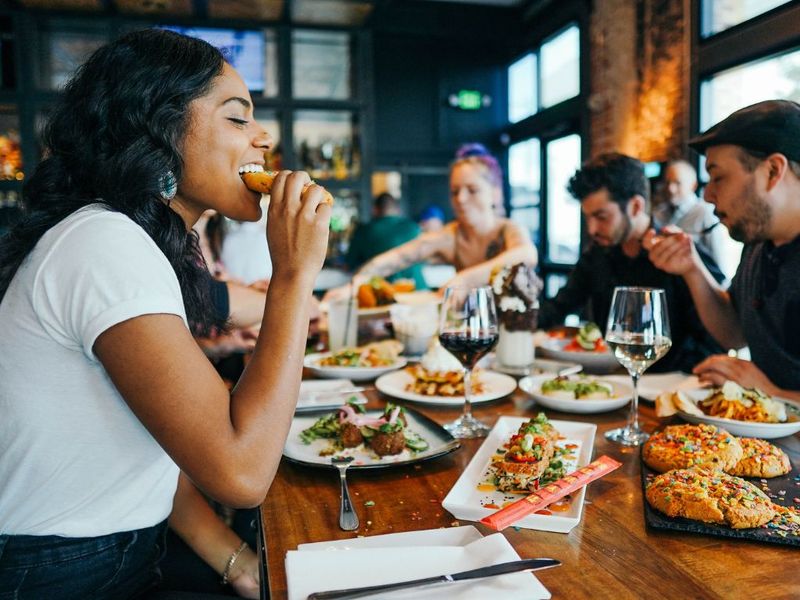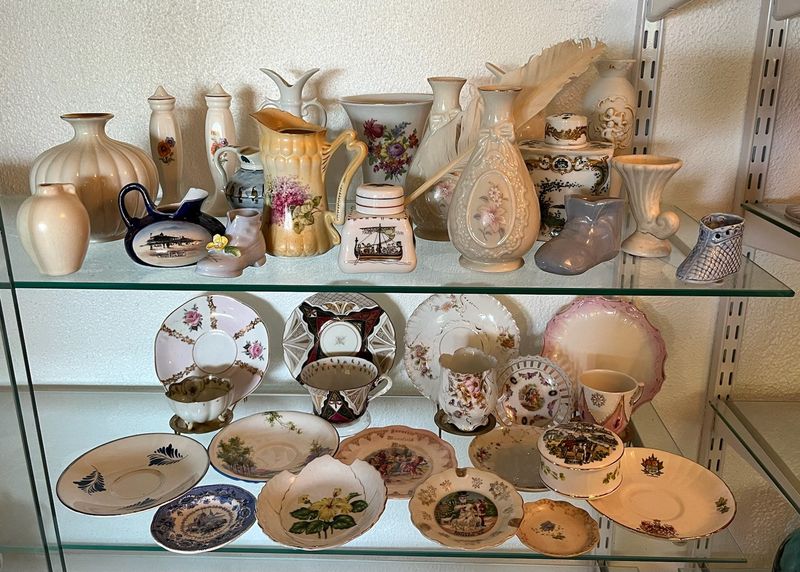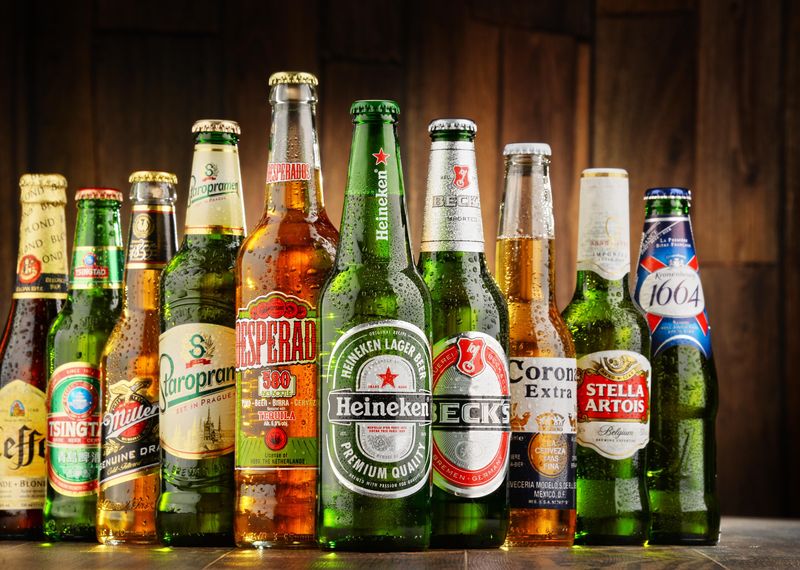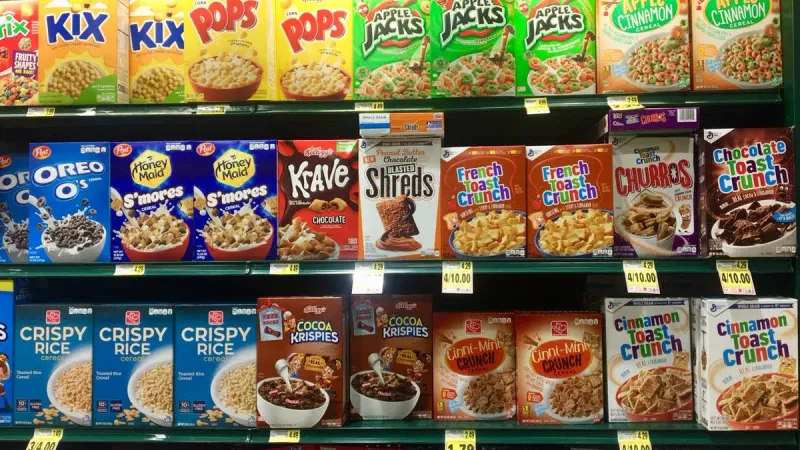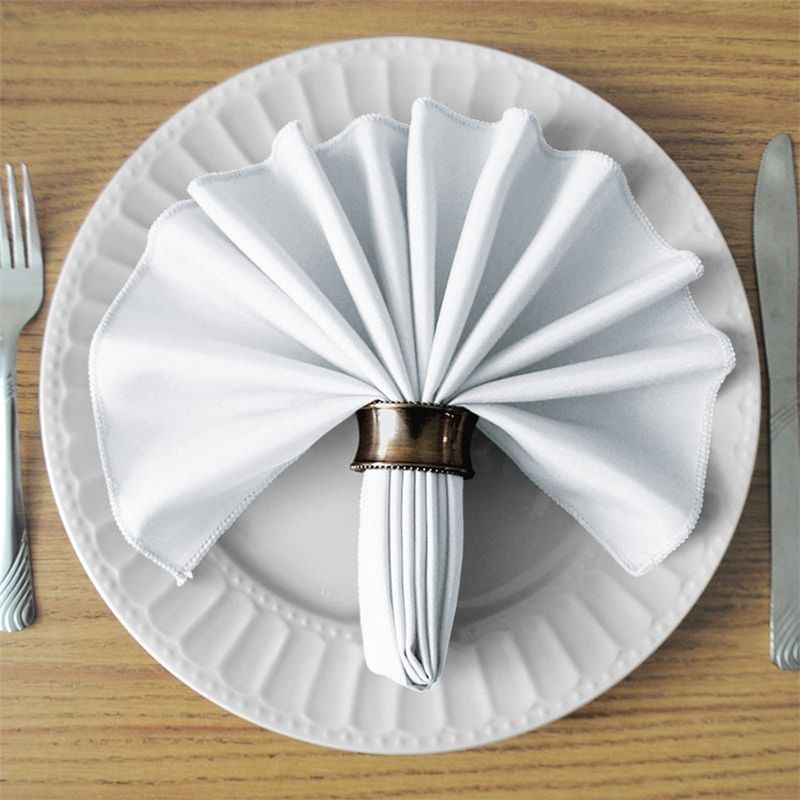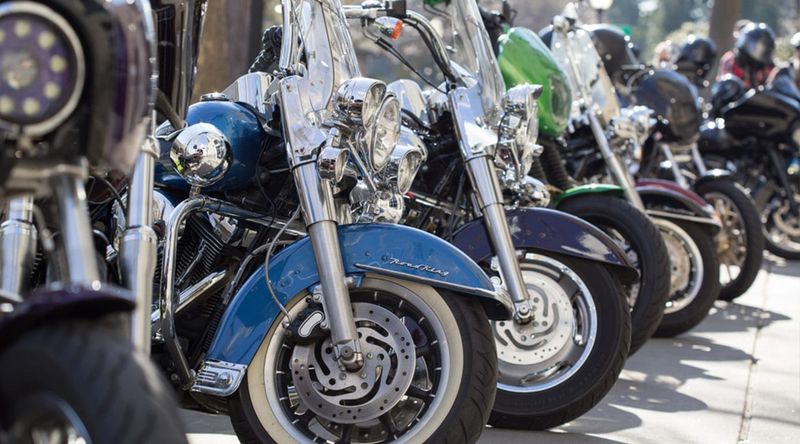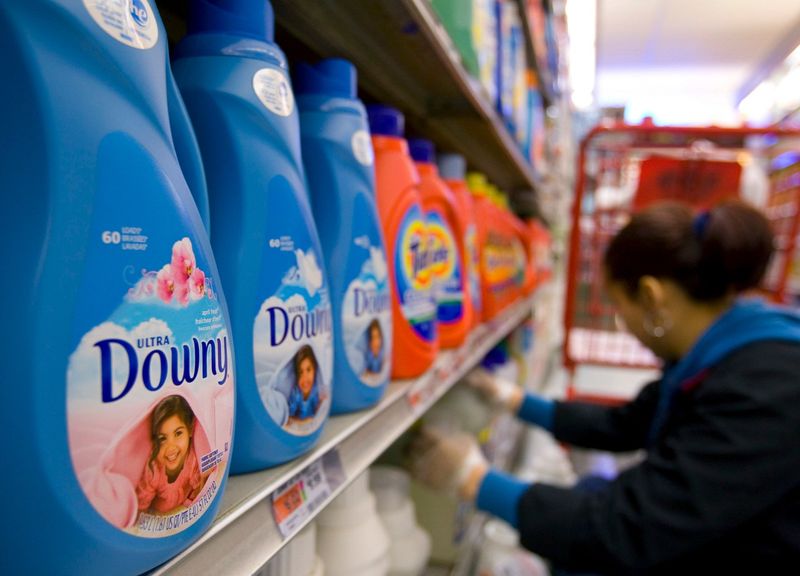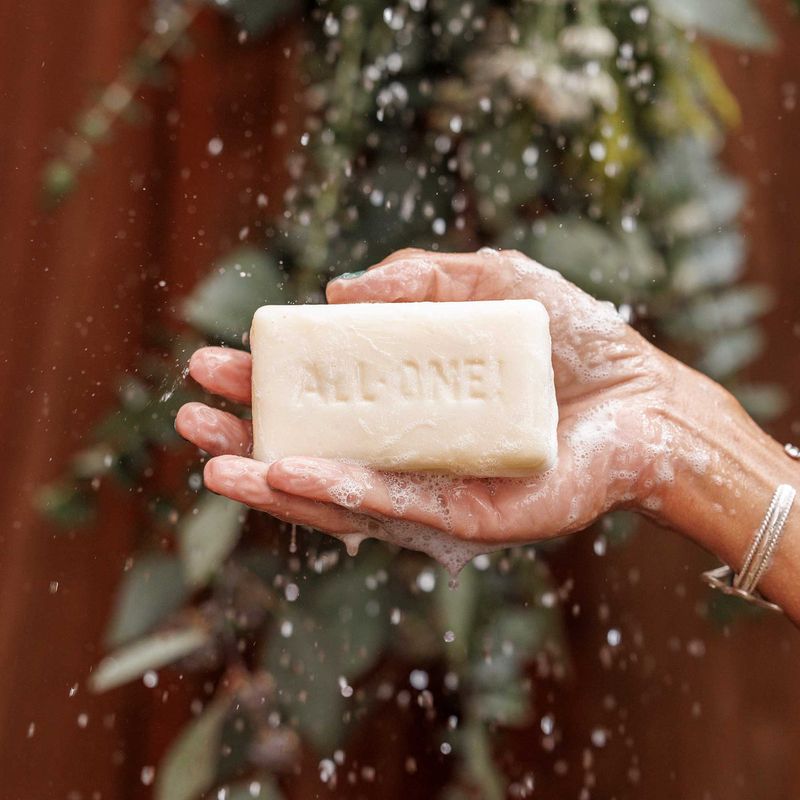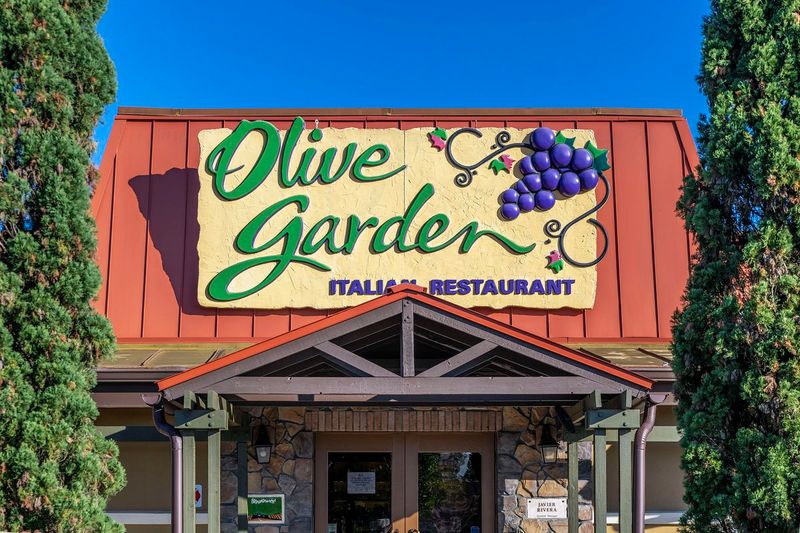Millennials are often seen as the generation that disrupts tradition and modernizes everything in their path.
From the perspective of many Boomers, this change is not always for the better. Let’s explore 20 things that Boomers believe Millennials have taken in a whole new direction, for better or worse.
1. Home Ownership
The traditional idea of buying a house in the suburbs is becoming less common among Millennials. Rising real estate prices and stagnant wages have pushed many to opt for renting apartments in urban areas instead.
This shift has left many Boomers bewildered, as home ownership was once seen as a crucial milestone of adulthood.
Instead, Millennials value flexibility and proximity to work over the permanence of owning a home. This has led to a boom in urban living and a decline in suburban expansion, reshaping the landscape of modern living environments.
2. Workplace Loyalty
Millennials have redefined workplace loyalty, challenging the traditional “stay with one company for life” mentality. They prioritize job satisfaction, career growth, and work-life balance over long-term tenure at one firm.
This change has led to more frequent job-hopping, which frustrates Boomers who value stability and loyalty.
However, this approach allows Millennials to gain diverse experiences and negotiate better positions and salaries, adapting to a rapidly changing job market where flexibility is often more rewarding than unwavering commitment.
3. Cable TV
Cable TV’s dominance is dwindling, thanks in part to Millennials. This generation prefers streaming services that offer on-demand content, free from scheduled programming and commercial interruptions.
Services like Netflix, Hulu, and Disney+ have become household staples, providing a more tailored viewing experience.
While Boomers reminisce about the golden age of cable, Millennials appreciate the freedom to watch what they want, when they want, on various devices.
This shift has revolutionized how we consume media, giving rise to binge-watching culture and personalized entertainment.
4. Department Stores
Millennials are often blamed for the decline of department stores, once the cornerstone of retail shopping. They favor online shopping for its convenience, variety, and competitive pricing.
The digital marketplace offers everything from groceries to gadgets at the click of a button.
Boomers may miss the in-store experience and personal customer service, but Millennials embrace the efficiency and time-saving aspects of e-commerce.
This evolution highlights a significant shift in consumer behavior, as more businesses adapt to the growing demand for online services.
5. Dining Out
The dining landscape has transformed dramatically with Millennials at the helm. Fast-casual dining, food trucks, and Instagrammable meals are in, while traditional sit-down restaurants struggle to keep up.
This generation values unique culinary experiences over classic dining rituals, often choosing restaurants that offer creativity and atmosphere.
To Boomers, this shift away from formal dining is perplexing, but for Millennials, it’s all about enjoying and sharing experiences. This change has encouraged the rise of innovative eateries focusing on diverse flavors and immersive dining experiences.
6. Golf
Once a staple leisure activity among Boomers, golf faces dwindling interest from Millennials. Perceived as expensive and time-consuming, traditional golf is losing ground to more accessible and casual sports like frisbee golf or hiking.
With a focus on fitness and socialization, Millennials prefer activities that are cost-effective and offer more immediate gratification.
This shift has sparked discussions on how to modernize golf to attract younger players, prompting clubs to introduce shorter courses and more flexible memberships to cater to the evolving tastes of this new generation.
7. Fine China and Collectibles
The allure of fine china and collectibles seems lost on Millennials, who tend to favor minimalism and practicality over owning traditional heirlooms.
Boomers, who often cherish these items for their sentimental and monetary value, find this hard to understand.
For Millennials, space is a premium, and their lifestyle emphasizes experiences over material possessions.
This generational divide reflects broader shifts in values, as practicality and simplicity take precedence over collecting and preserving tangible artifacts from the past.
8. Marriage and Weddings
Millennials are rewriting the script on marriage and weddings, often opting for smaller, less traditional ceremonies. They prioritize personalization and meaningful celebration over extravagant, costly affairs.
Boomers, accustomed to grand weddings, may view this as a downgrade, but Millennials see it as a reflection of their values.
For many, marriage is no longer an immediate goal; they focus on career and personal growth first. This trend signifies a broader change in societal norms, where the emphasis is on authenticity and personalization rather than adhering to conventional expectations.
9. Beer
Traditional beer brands are feeling the pinch as Millennials turn towards craft beers and artisanal brews. This generation seeks unique flavors and locally-produced options, favoring quality over quantity.
Boomers, who grew up with iconic beer brands, may find this switch baffling.
However, for Millennials, beer is about the experience and story behind it. This shift has spurred a renaissance in the brewing industry, with small breweries flourishing and offering diverse selections that cater to the adventurous palates of younger consumers.
10. Diamond Industry
The diamond industry, long associated with love and luxury, is facing challenges as Millennials seek alternatives. Ethical concerns and high costs have led them to explore options like lab-grown stones and colored gemstones.
Boomers, who traditionally view diamonds as symbols of commitment, may struggle to understand this shift.
For Millennials, the value lies in the story and sustainability behind their choices. This change reflects a broader embrace of ethical consumption, reshaping how luxury and love are symbolized in modern times.
11. Cereal
Cereal, once a breakfast staple, struggles to maintain its appeal among Millennials. This health-conscious generation often opts for alternatives like smoothie bowls, avocado toast, or overnight oats.
Boomers might recall fond memories of cereal mornings, but Millennials focus on nutrition and convenience.
This trend underscores a broader shift towards healthier eating habits, as the younger generation prioritizes fresh, whole foods over processed options.
cereal industry is now challenged to innovate and adapt to these evolving preferences to regain its place in the breakfast routine.
12. Napkins
The humble napkin finds itself replaced as Millennials prefer the practicality of paper towels. Seen as more versatile and cost-effective, paper towels have become the go-to choice for this generation.
This pragmatic approach baffles Boomers, who cherish the tradition and formality of cloth napkins. However, for Millennials, convenience takes precedence.
This shift highlights a broader trend towards practicality and efficiency in daily living, where multi-use items are favored over those serving a singular purpose, illustrating the evolving dynamics of modern household preferences.
13. Motorcycles
The allure of motorcycles is not as strong with Millennials, who show a growing preference for alternative modes of transport like electric scooters and bicycles. Safety concerns and high costs further deter them from traditional biking adventures.
Boomers, who often embrace the thrill and freedom of motorcycle riding, find this trend puzzling.
However, Millennials prioritize eco-friendliness and practicality, leading to a rise in sustainable commuting options. This change underscores a broader shift towards responsible consumption and transportation choices that align with environmental consciousness.
14. Fabric Softener
Fabric softener usage is on the decline as Millennials opt for greener and more cost-effective laundry solutions. Eco-friendly alternatives like dryer balls are becoming increasingly popular, reflecting a shift towards sustainable living.
Boomers, who are loyal to their traditional laundry routines, find this puzzling.
For Millennials, reducing chemical use and embracing environmentally conscious choices is a priority.
This trend demonstrates a broader move towards sustainability, as younger generations seek innovative ways to lessen their ecological footprint while maintaining efficiency and effectiveness in household chores.
15. Malls
The once-thriving shopping malls now struggle to attract Millennials, who favor online shopping and direct-to-consumer brands. Convenience and variety at their fingertips drive this preference.
Boomers, who recall malls as social hubs, lament their decline.
For Millennials, the digital marketplace offers unparalleled access to products and services.
This shift marks a significant transformation in retail experiences, as traditional brick-and-mortar stores adapt to meet the demands of a tech-savvy consumer base seeking efficiency and innovation in shopping.
16. Vacations
Millennials have reimagined vacations, favoring authentic, immersive experiences over traditional luxury getaways. Backpacking, cultural exploration, and adventure travel take precedence.
Boomers, who often opt for comfort and relaxation, find this shift perplexing.
For Millennials, travel is about personal growth and unique stories. They seek meaningful connections with places and cultures, valuing experiences that resonate on a deeper level.
This trend reflects broader changes in travel preferences, as younger generations prioritize authenticity and exploration over conventional vacation norms.
17. Soap Bars
The traditional bar of soap is losing its foothold as Millennials turn to liquid soap and body wash for their convenience and hygiene benefits.
Boomers, who grew up with bar soap, may see this as unnecessary. However, for Millennials, liquid soap is more appealing, with its ease of use and modern packaging.
This transition reflects a shift in personal care preferences, where practicality and innovation drive consumer choices, leading to changes in how products are formulated and marketed to meet the needs of a new generation.
18. Casual Dining Chains
Casual dining chains are facing a downturn as Millennials lean towards local eateries, takeout, and delivery services.
This generation values unique culinary experiences over standardized menus. Boomers, who frequent these chains for their familiarity, find the trend surprising.
For Millennials, dining choices reflect a desire for diversity and quality.
This shift has encouraged the growth of small restaurants and food delivery platforms, reshaping the dining landscape to accommodate the evolving tastes and priorities of younger consumers seeking convenience and novelty.
19. Taxis
Traditional taxi services are fading as ride-sharing apps dominate the transportation landscape, thanks in large part to Millennials. Convenience, efficiency, and transparency offered by services like Uber and Lyft attract the younger generation.
Boomers, who are accustomed to calling a taxi, see this change as a disruption.
For Millennials, technology-driven solutions align with their fast-paced lifestyle, providing accessible and reliable transportation options.
This evolution illustrates broader shifts towards digital solutions, fundamentally changing how urban mobility is navigated and experienced.
20. Corporate Culture
Corporate culture is undergoing a transformation as Millennials prioritize flexibility, collaboration, and work-life balance.
The rigid hierarchies and formalities of traditional workplaces are being replaced by open office designs, remote work, and flat organizational structures.
Boomers, who built careers in structured environments, find these changes challenging to accept.
For Millennials, a fulfilling work environment is essential, fostering creativity and innovation.
This shift signals a broader redefinition of professional norms, as companies adapt to attract and retain talent in a competitive landscape driven by the values and expectations of a new workforce.
